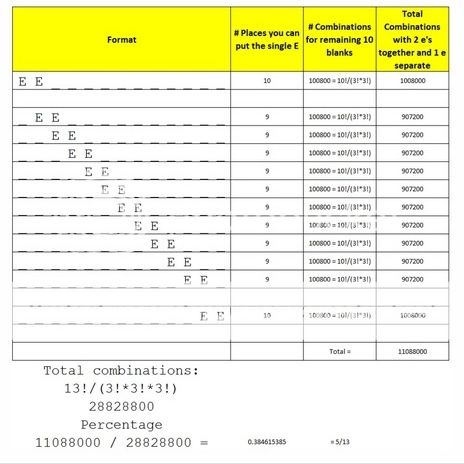Re: Year 11 Mathematics 3 Unit Cambridge Question & Answer Thread
If it just says monthly repayments, then it means compounded monthly too (unless told otherwise).Months. Not years.
You did not cater for the fact that interest is being compounded monthly in doing 1.135
Edit: I will give you a bit of the benefit of the doubt though - the question didn't explicitly say interest was compounded monthly either.





